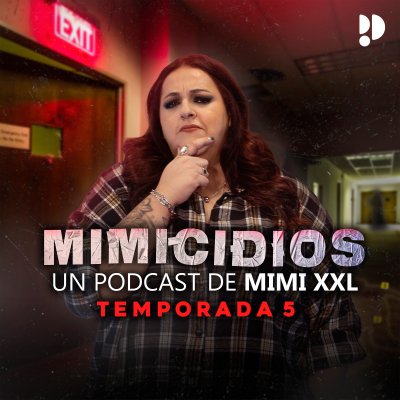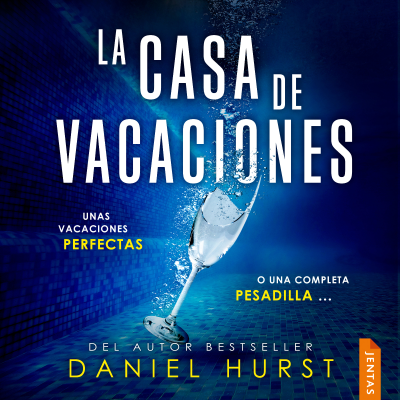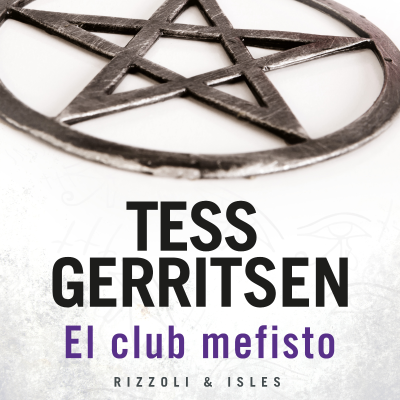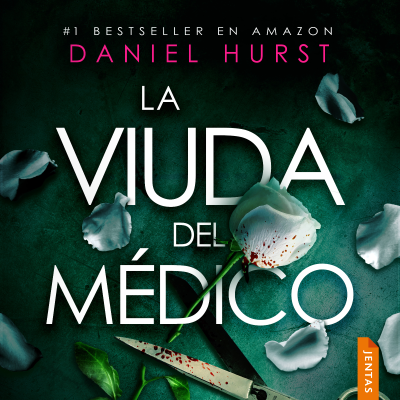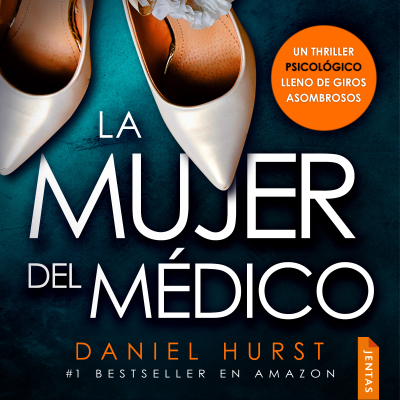
The Resus Room
Podcast de Simon Laing, Rob Fenwick & James Yates
Disfruta 90 días gratis
4,99 € / mes después de la prueba.Cancela cuando quieras.
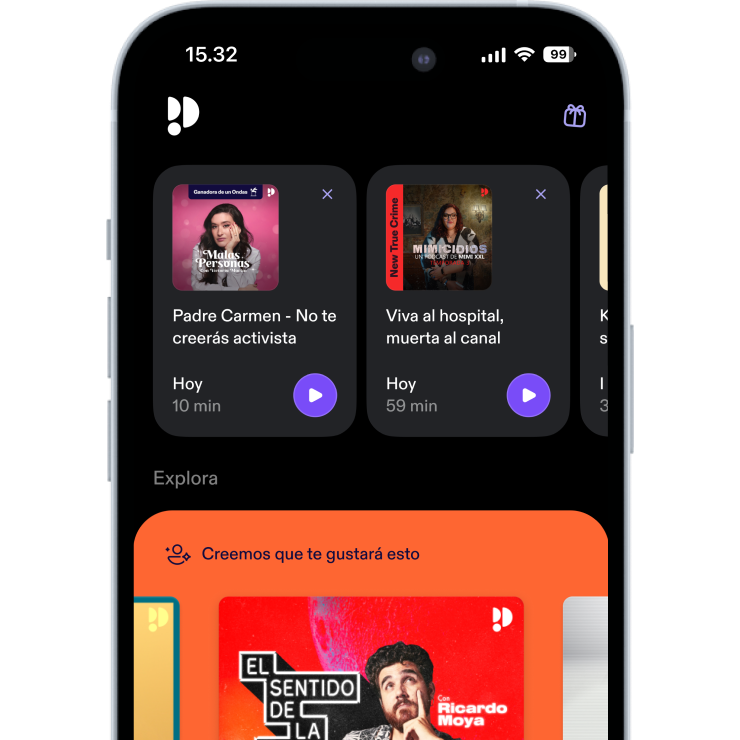
Más de 1 millón de oyentes
Podimo te va a encantar, y no sólo a ti
Valorado con 4,7 en la App Store
Acerca de The Resus Room
Emergency Medicine podcasts based on evidence based medicine focussed on practice in and around the resus room.
Todos los episodios
262 episodiosThis is a pretty special episode! If you're involved in cardiac arrest management or care of critically unwell patients then there's some ground breaking practice we'll be discussing with the two founders of the SPEAR course; Jon Barratt; * Lt Col, British Army * Emergency Medicine and PHEM Consultant, University Hospitals of the North Midlands * Clinical Lead - Research and Clinical Innovation, Yorkshire Air Ambulance * MERIT Consultant, West Midlands Ambulance Service * Senior Lecturer, Academic Department of Military Emergency Medicine Paul Rees; * Surgeon Commander Royal Navy * Consultant, East Anglian Air Ambulance & Barts Heart Centre * Lead for Resuscitation Barts Health NHS Trust * Reader in Cardiology & Resuscitation, University of St Andrews & QMUL London * Defence Lead for Endovascular Resuscitation * SPEAR co-founder Ultimately in the episode we navigate through to the delivery of endovascular resuscitation both pre and in-hospital, building on the fundamentals of care and logistics which enable its delivery. We'll be covering; * Blood pressure monitoring both invasive and non-invasive, the evidence and the cohort of patients we should be targeting with invasive blood pressure monitoring * Delivering complex medical interventions in unpredictable circumstances and environments * Balancing the benefits of interventions with time required and workflow * REBOA for medical arrests, the theory and the ERICA trial * Improving recognition of ROSC * The SPEAR course * How to prepare services and departments for upcoming advances in resuscitation There is something for everyone in here and a huge thanks to Jon and Paul for their time. Make sure to check out the links to the papers discussed in the episode below. Once again we’d love to hear any thoughts or feedback either on the website or via X @TheResusRoom! Simon, Rob & James
Welcome back to Papers of the Month! Three more papers to both inform and challenge our practice across the spectrum of emergency care. First up we look at a systematic review and meta-analysis on noradrenaline vs adrenaline for our medical post-ROSC patients; what evidence exists out there and should we all be delivering noradrenaline as our first line treatment for those with shock? Next up a paper to really challenge the treatment algorithm for status epilepticus in paediatrics, with an RCT of midazolam and ketamine versus midazolam alone. There are some huge differences here in the form of termination rates and some great discussion to be had around the specifics of the paper and how that might translate into future practice. Finally we look at a paper assessing the impact of i.m. versus i.v. metoclopramide for migraines and acute severe headaches. The paper looks at the impact of length of stay within the Emergency Department and also the efficacy of the treatment. Once again we’d love to hear any thoughts or feedback either on the website or via X @TheResusRoom! Simon & Rob
It’s something we all encounter in emergency and prehospital care, probably more than anything else, yet it’s a topic we’ve not given a full episode to… until now! Up to 70% of prehospital patients and 60–90% of ED attendees report pain, with half of all ED presentations having pain as the primary complaint. That’s millions of patients across Europe every year and we’re not always optimising our approach! In this episode, we’re diving deep into acute pain management; from understanding the complex biopsychosocial definition of pain, right through to tailored pharmacological and non-pharmacological strategies, plus everything in between. We’ll be looking at how we define and assess pain and the importance of validating patient experience. Then we’ll work through management options: from paracetamol to ketamine, NSAIDs to regional anaesthesia, and talk through barriers like bias, opiophobia, and the persistent inequalities in analgesic delivery. We'll also shine a light on special groups; from paediatrics to chronic pain patients and those with opioid use concerns, finishing with key takeaways on safe discharge planning. This one’s about being better at recognising, respecting, and relieving pain. Because pain is an emergency, and we’ve got the tools to do something about it. Once again we’d love to hear any thoughts or feedback either on the website or via X @TheResusRoom! Simon, Rob & James
Welcome back to June 2025's papers podcast! Having been cynical about CPR feedback devices in the past we take a look at a recent paper on their use and their potential impact to both ROSC and survival for patients, when compared to standard practice; is it time to integrate them more definitively into our practice? Next up we take another look at the use of adrenaline in traumatic arrest. We've covered this before and there's some interesting data and discussion to be had around the topic and the paper. Finally, we all know about the unprecidented pressure on ED’s and all forms of healthcare at the moment. Many patients waiting for hours and hours to be seen. But there may be systems and routes by which others can be identified with lower acuity presentations that may not need to wait overnight for long periods, and our final paper looks at this with a paper on 'deflection'. Once again we’d love to hear any thoughts or feedback either on the website or via X @TheResusRoom! Simon & Rob
Welcome back! In this episode, we’re diving deep into something we all think we know, the Glasgow Coma Scale. The GCS has been a fundamental part of assessing patients with altered consciousness for over 50 years. You’ll find it in trauma scores, neurology exams and practically every prehospital and ED handover. But here's the thing, is it as reliable and useful as we think? In this episode, we’ll explore the origins of the scale, what it was designed for and how it’s been used (and maybe misused...) since. We take a look at how reproducible it really is, particularly when different clinicians score the same patient. Spoiler alert: it’s not always as consistent as you might hope! We’ll also unpack the individual components; eyes, voice, motor and ask if they all carry equal weight, or are some more prognostically useful than others? Because a GCS of 4 isn’t always the same GCS of 4, depending on how you get there… We’ll be looking at real-world implications, how we make decisions around airway management, imaging, and referral, all based on that one number. So whether you’re in prehospital care, the ED, or intensive care - stick with us as we try to answer the question: is the GCS still doing what we need it to, or is it time to move on? Once again we’d love to hear any thoughts or feedback either on the website or via X @TheResusRoom! Simon, Rob & James

Valorado con 4,7 en la App Store
Disfruta 90 días gratis
4,99 € / mes después de la prueba.Cancela cuando quieras.
Podcasts exclusivos
Sin anuncios
Podcast gratuitos
Audiolibros
20 horas / mes






